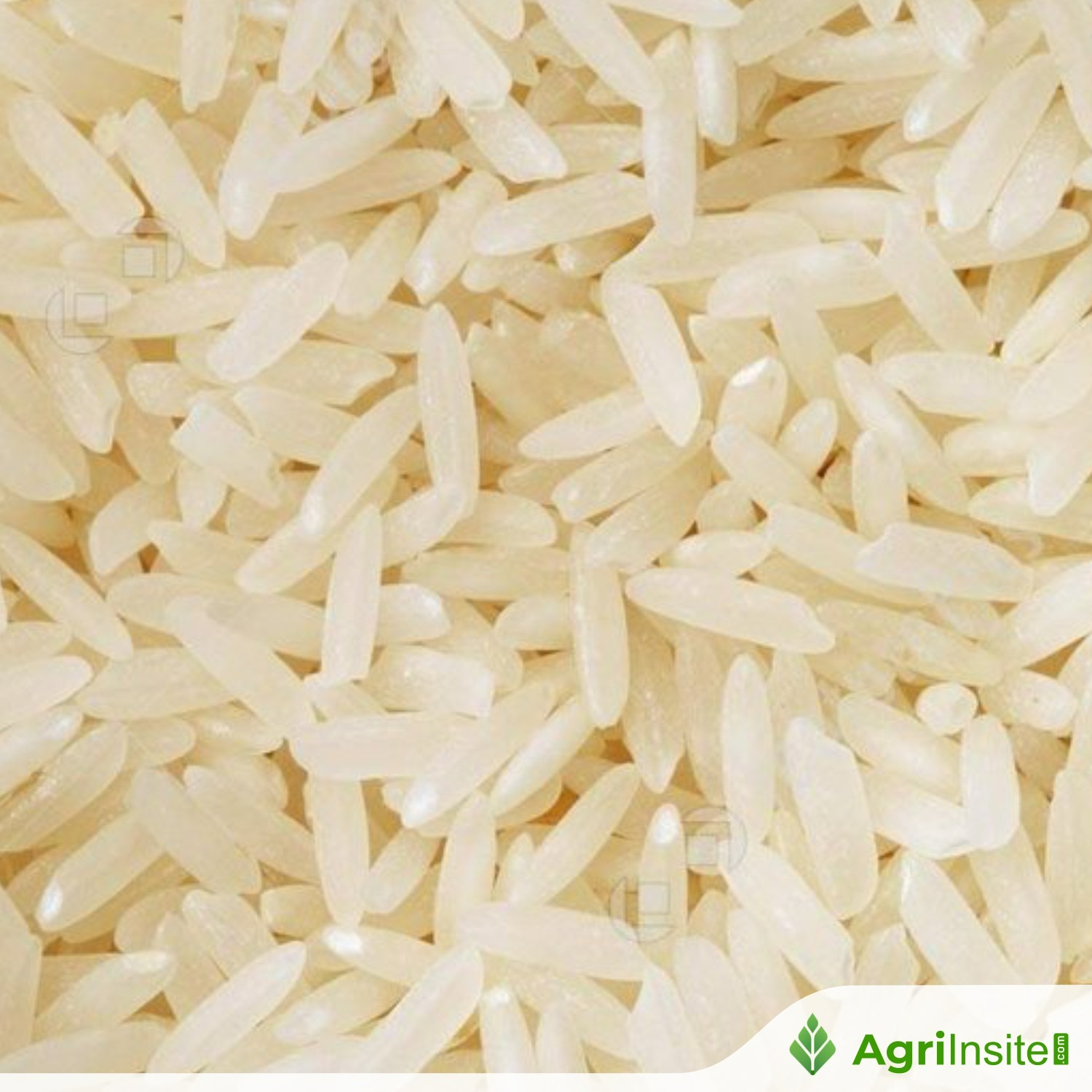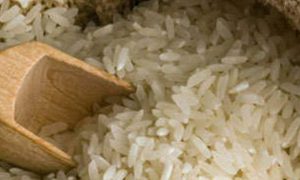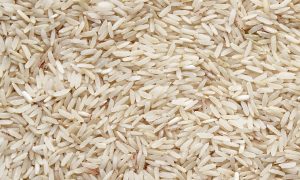Rice shortages in Japan open market to Taiwan

Taiwanese rice exports to Japan are booming due to Japan’s ongoing rice shortage caused by poor harvests and rising demand. Holly Well Co. expects to export 1,600 tonnes this year, while Taiwan’s total exports have already hit a record 9,160 tonnes. Taiwanese producers are focusing on quality, safety standards, and branding to meet Japanese expectations and gain long-term market presence.
TAIPEI (Taiwan News) — Holly Well Co., a Hsinchu-based company established over a century ago, expects to export 1,600 tonnes of rice to Japan this year, driven by its ongoing rice shortage.
Over the past two years, Japan’s high temperatures have led to poor rice harvests. Coupled with an increase in demand for rice due to a post-COVID influx of tourists, the country has faced a supply-demand imbalance, causing rice prices to surge, per Business Today.
In June, the price of a 5 kilogram bag of rice nearly doubled. Although prices fell to around NT$700 (US$22) in July, they remain up to three times higher than Taiwan’s retail rice prices.
The rising price of Japanese rice has created opportunities for Taiwanese rice exports. In the first half of this year, Taiwan exported nearly 9,160 tonnes of rice to Japan, setting a record and reaching 2.5 times last year’s volume. As a result, Japan has become Taiwan’s largest rice export market.
Hsu Hui-ying (徐惠瑩), deputy director-general of the Central Taiwan Branch of the Agriculture and Food Agency, said that Taiwan’s rice exports to Japan have traditionally targeted catering services and business purposes.
However, this year’s rice shortage issue in Japan has created an opportunity for Taiwanese rice to enter local supermarket channels. Hsu is optimistic about the potential of Taiwanese rice in the Japanese market.
Holly Well Co. CEO Liu Po-liang (劉柏良) said that so far this year, seven Japanese firms have approached the company regarding potential collaborations. He added that two of these companies are in discussions for long-term partnerships.
Liu emphasized that while Taiwanese agricultural products are known for their high quality and excellent taste, they lack systematic management and branding strategies.
Liu shared one of his approaches, which is to apply for food safety management standards, a control system, and traceability certification to ensure product quality. He also negotiated business models and fair profit-sharing terms with partner rice farmers.
In 2018, the Japanese government visited Taiwan to find suitable rice for import, Liu said. The company secured an order and sold 700 tonnes of rice to Japan. However, Japan’s attempts to lower the purchase price led to the termination of the partnership.
To meet Japan’s high agricultural product standards and increase purchase prices from Japanese buyers, the company has improved its product quality. It has introduced advanced equipment, using analyzers during the milling process to eliminate inferior grains. The company also dries harvested rice, reducing moisture from 26% to 14% before storing it in refrigeration units to ensure the rice remains fresh.
Okura Rice Shop, a company based in Nantou, launched its packaged rice in a department store in Tokyo’s Ginza in July. This marked the first time Taiwanese rice was available through Japanese retail channels.
Okura Rice Shop CEO Chien Shuo-hung (簡碩宏) said that to enhance the taste and quality of Taiwanese rice, he traveled to Japan to study rice evaluation. He also earned certifications in rice tasting, paddy environment assessment, and rice cooking techniques.
To further refine the product, Chien invested in soil pH testing equipment to determine the optimal fertilizer usage. Following six years of trials, he succeeded in producing Taiwanese rice with a taste similar to that of Japanese rice by replacing traditional fertilizers with chemical additives.
In addition to entering the Japanese market, Okura Rice Shop has expanded into Taiwan’s major retail channels. Chien added the company’s rice is also selected by Taiwanese convenience stores for use in rice balls.
To Read more about Rice News continue reading Agriinsite.com
Source : Taiwan News
















